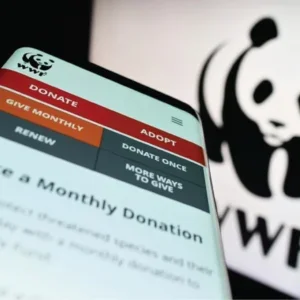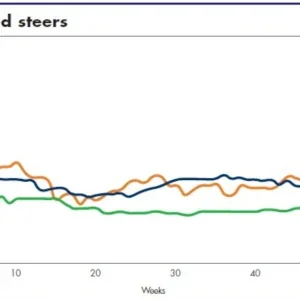The Ethiopian delegation will focus on the transportation, trading systems, the quality of the product available in the two regions.
Ethiopia has a shortage of supply of raw material and semi-processed leather to meet demand from national tanneries.
Crust imports will be priority according to the new scheme with wet-blue and pickle as other alternatives. The import of more semi-processed leather will also reduce the production process for local tanneries and minimise the environmental impact of the processing according to LIDI.
It is expected that the import of semi-processed leather will begin by the end of the third quarter of the Ethiopian fiscal year.
The import of leather will be handled by a shared ownership company formed by the Ethiopian Leather Industries Association, although individual tanneries can also arrange to conduct imports on their own.
There are currently 25 tanneries in operation in Ethiopia with most of the production being dominated by a few international companies.
Source: Capita






